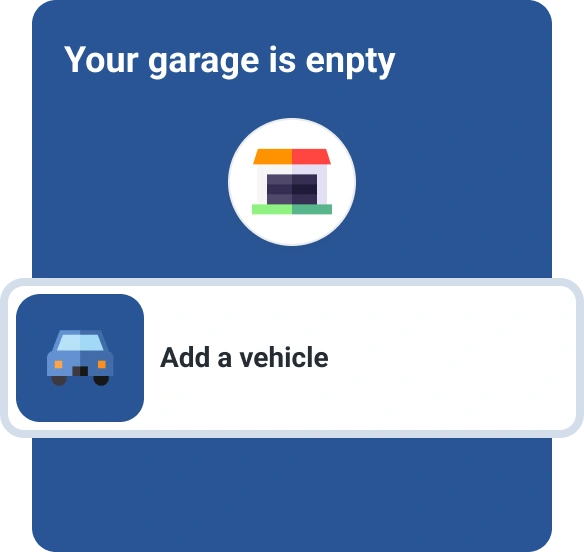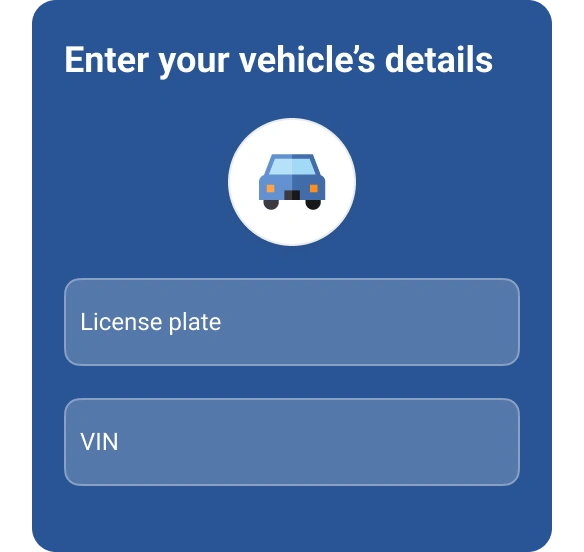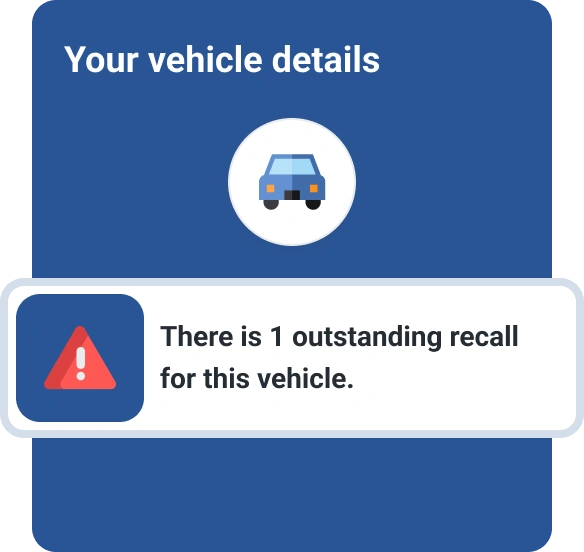Can You Return a Car You Just Bought?
Quick Answer
You typically can’t return a car because you changed your mind or realized you can’t afford it. However, you might be able to return a car if it turns out to be a lemon, the dealer allows returns or your dealer financing falls through.

Buying a car can be both exhausting and exhilarating. But once the excitement fades, what are your options if you change your mind about your new vehicle? You generally can't return a car you just bought, but there may be some exceptions if the car is a lemon, the dealership has a return policy or your financing falls through.
When You Might Be Able to Return a Car
Generally, you're obligated to keep a car once you've signed the purchase contract, but there are some situations where you may be able to return a car you just bought.
The Car Turns Out to Be a Lemon
If your new vehicle has a major factory defect, you may be able to return it under your state's "lemon law." Lemon laws vary, but a car is typically considered a lemon if it has a substantial mechanical defect that's covered under warranty. The problem must be discovered within a specific time period, and you must give the dealer a reasonable opportunity to repair the vehicle before it qualifies as a lemon.
Should your car be deemed a lemon, you can generally exchange it for a new car or get a refund for your purchase. Typically, you'll be reimbursed for registration fees, sales tax, the cost of towing the vehicle, any legal fees and the cost of renting a replacement vehicle, in addition to the purchase price of the vehicle.
There's a Return Policy
Some auto dealers allow you to return vehicles within a certain number of days after purchase. For example, online auto sellers AutoNation, CarMax and Carvana all offer limited return policies for both new and used cars, ranging from five to 10 days. Carvana allows you to return up to two cars and exchange them for new ones.
There are typically restrictions on return policies, such as a car not being eligible for return if it's been damaged or driven more than a specific number of miles.
Brick-and-mortar auto dealerships may let you return or exchange used or certified pre-owned cars, but generally not new cars. Some states have laws regulating return policies for used cars. For instance, California law requires dealers to give buyers the option of purchasing a contract cancellation agreement for any used car priced under $40,000. The cost of the agreement is based on the cost of the car and ranges from $75 to $400, depending on the price of the vehicle.
Your Financing Falls Through
If you finance your car through the dealership, you may be offered what's called conditional financing or spot delivery. The lender is confident they can get you a loan, so they let you drive the car off the lot before the loan is officially approved.
Should a problem with the loan arise after you leave, though, the dealer may ask for a bigger down payment or pressure you to accept a loan with a higher interest rate or longer term. Fortunately, you don't have to agree to the new loan terms if you don't want to. You're legally entitled to return the car and get your down payment back.
Learn more: Compare Current Auto Loan Rates and Financing
When You're Not Able to Return a Car
Returning a car involves a lot of work for the dealership. They may have to cancel loans, rescind the salesperson's commission and reclaim title to the vehicle. Unless an auto dealer is willing to make an exception for you, you typically can't return a car for the following reasons.
You Regret Your Choice
Shopping for a car can be stressful, and it's easy to let your emotions take the wheel. Salespeople may drag out the negotiation process to wear you down. Showrooms full of shiny new vehicles can tempt you to make bad decisions. Maybe you planned to purchase a sensible family SUV, but impulsively bought a little red convertible instead. Whatever the cause, dealerships won't typically consider buyer's remorse a valid justification for returning a car.
The Loan Is Too Expensive
It happens: You buy a car, and then job loss, divorce or another lifestyle change suddenly slash your income, making the payments unaffordable. Or maybe you reread the loan terms and realized you can't swing the payments. Pricey options and extended warranties may seem like a good idea in the heat of the moment, but can quickly push a vehicle's purchase price higher than you planned.
You generally can't return a new car just because you decide it's too expensive. In some cases, however, you may be able to cancel warranty coverage or other extras and get your money back.
Compare rates on auto refinance
Find a good auto refinance loan with today’s rates. Compare current rates and offers to find the best loan for you.
How to Avoid Car Buyer's Remorse
Rather than trying to return a car, prevent buyer's remorse in the first place by following these steps when buying a car.
- Set a budget. Before heading to the dealership, consider your income and expenses and figure out how much you can spend on your new vehicle. Include your down payment, car insurance, registration costs, and fuel and maintenance expenses as well as your monthly payment.
- Research cars that fit your needs and budget. Explore your options by visiting automotive and dealer websites and test-driving vehicles.
- Compare prices and special offers. Compare market prices for the vehicles you're considering. Check to see which dealerships offer the lowest prices and look for any special deals, such as rebates or low-interest financing.
- Use Experian's car payment calculator. This tool helps you estimate how different down payments, loan amounts and loan terms might affect your monthly car payment.
- Check your credit report and credit score. Make sure your credit report is complete and accurate; you have the right to dispute anything you believe is in error. Review your credit score too. A good or excellent credit score typically qualifies you for better loan terms. You can generally get a car loan with a fair credit score, but you may pay higher interest rates or fees. Paying bills on time and paying down credit card debt can help improve your credit score before you apply for an auto loan.
- Get preapproved for a loan. To avoid relying on the dealer's financing, get preapproved for an auto loan before visiting a dealership. You can find auto loans through banks, credit unions and online lending marketplaces. Apply to a few different lenders, keeping your applications within a 14-day period to minimize any negative effects on your credit; then choose the best offer.
- Be ready to negotiate. With a firm loan offer in hand, you've got bargaining power. See if the dealership can give you a loan for the same term at a lower interest rate. You'll also be better prepared to say no if a salesperson tries to talk you into a more expensive car (and a bigger loan).
- Read the contract carefully. Don't sign a contract until you've reviewed it in detail. Dishonest dealerships may modify contract terms or add charges you didn't agree to. Make sure the prices and terms match what the salesperson promised; question anything that's unclear.
What to Do With a Car You Don't Want
If you don't want your new car and can't return it, you can sell it. Although you should try to get an amount at least equal to your loan, you'll probably take a loss. The car technically isn't "new" anymore, so most buyers won't pay full price. On average, a car's value depreciates by 10% or more when you drive it off the lot.
Trading in the car to a dealership to help pay for a more affordable car can be a simpler option than selling to a private party. However, you're still likely to lose money. Due to depreciation, the dealership will give you less for your trade-in than you paid for the car. After they pay off your outstanding auto loan, they'll roll any balance above the car's trade-in value into a loan for your new vehicle.
Even if you choose a cheaper car, your new loan will cost more and take longer to repay because it includes the unpaid portion of your old loan. In addition, you'll be underwater on your loan (meaning you owe more than the car is worth) from the get-go.
If your loan payments are too high, consider refinancing your loan to get a lower interest rate, lower monthly payments or both. You'll generally need to wait two months to six months after obtaining your initial loan before you're eligible to refinance; however, this depends on the lender. Be aware the hard inquiries involved in refinancing can temporarily ding your credit score. There may also be prepayment penalties for paying off your initial loan early.
The Bottom Line
Returning a car you've just purchased typically isn't an option. Avoid regrets by getting your credit in top shape and doing your homework before you buy. Researching vehicles and financing options can help you choose the right car—and the right loan—for you.
What makes a good credit score?
Learn what it takes to achieve a good credit score. Review your FICO® Score for free and see what’s helping and hurting your score.
Get your FICO® ScoreNo credit card required
About the author
Karen Axelton is Experian’s in-house senior personal finance writer. She has over 20 years of experience as a journalist and has written or ghostwritten content for a variety of financial services companies.
Read more from Karen

